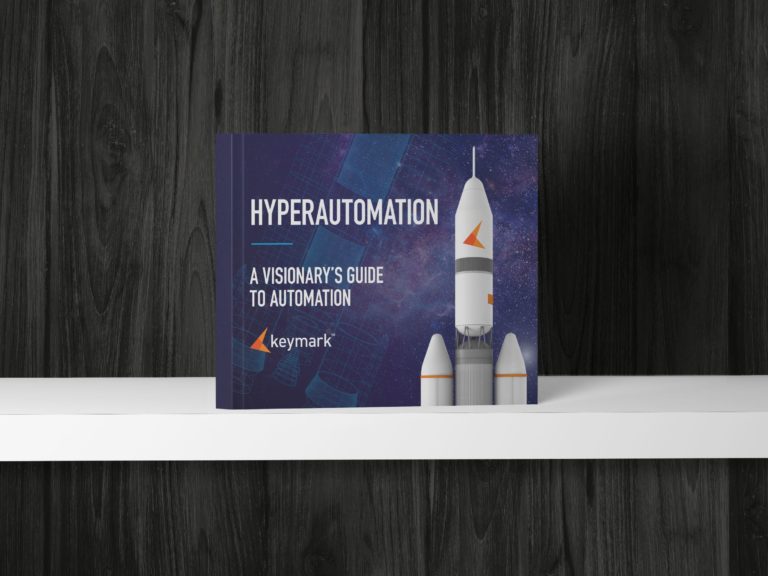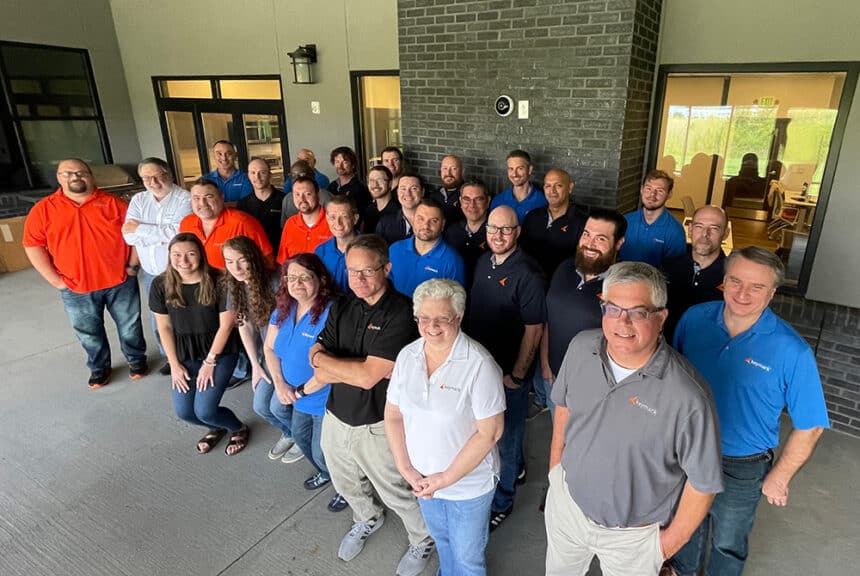Charting a New Course with Automation
The Logistics Industry has experienced significant setbacks in recent years — and while the COVID-19 pandemic added significant bottlenecks like tightened protocols and an unstable economy of raw resources — several of the industry’s biggest problems and inefficiencies go beyond what was introduced post-2019.
Time, money, and labor costs are wasted on manual paper processes, while poor supply chain visibility and a global epidemic of staffing shortages diminish customer satisfaction, vendor relationships, and the ability to make deliveries.
Roadblocks to success
- Slow, manual, and paper processes
- Supply chain agility and visibility
- Driver and employee attraction/retention
So how can we improve? Automation is shaping the present and future of Logistics. Armed with various technologies like Robotic Process Automation (RPA), Data Capture, and Content Services, Logistics companies can meet industry challenges with solutions.
Robotic Process Automation
Robotics Process Automation (RPA) improves inefficiencies in Logistics by identifying repetitive, non-value-added human tasks and automating them with a programmable digital workforce.
RPA is ground-zero for significant improvements to Logistics, mainly to transform time-intensive processes prone to error like procure-to-pay, order management, and customer claim management. Empowered by a digital logistics team, your team can get more done with fewer people — easing the pains of global staffing shortages.
RPA is a robust investment quickly becoming a baseline for operation versus a differentiator of success. In 2020 Gartner Analytics predicted that RPA would reach its Plateau of Productivity within two years — meaning if you haven’t already made the leap, there’s never been a better time to bring manual processes up to speed with RPA. Learn seven more ways RPA can boost efficiency for logistics companies in our free blog!
Data Capture
Maintaining knowledge of the where, when, by whom, and in what condition your transactions arrive is key to ensuring quality standards are met. Instantaneous access to this information dramatically heightens its value, enabling agile decision-making supported by data.
Data capture makes all of the above possible, and it not only impacts your bottom line with enhanced productivity but can also significantly improve customer satisfaction and vendor relationships.
Data capture can grab essential information from any format in your Logistics ecosystem, including bar code information, bills of lading, delivery receipts, invoice details, and more — effectively saving your staff the time spent keying and re-keying manual data. Integrated with an all-in-one document management solution like OnBase that supports cloud and workflow, relevant information captured can be stored for easy access or automatically sent to employees for the next stage in the workflow.
Content Services
It’s no secret — the sudden shift in available laborers brought on by the pandemic and the Great Resignation phenomenon has created holes in every industry. In Logistics, that’s translated to a tremendous need for drivers and digitally savvy workers that can navigate a growingly data-driven work environment.
We’ve already discussed how RPA can help fill the void created by employees exiting the building. But as those remaining maintain employment status while simultaneous efforts to attract and retain great talent rage on — particularly among the rising Gen Z — greater responsibility is being put on HR.
Automated Content Services from platforms like Hyland help your HR department automatically perform a constant fluctuation of onboarding, offboarding, and records management processes like:
- Performing initial and routine background checks
- Verifying driving records
- Routing training documents
- Adding or removing user access to company systems
What’s better, Automated Content Services integrate seamlessly with existing HRIS, giving your team a centralized view of every employee and HR process. For more on Content Services, check out 7 Reasons Your HR Needs a Content Services Platform
More than One Way to Automate
Many Logistics businesses could benefit from more than a few single automations to combat the ongoing storms in the industry. Hyperautomation satisfies these needs through its holistic approach to enterprise-wide automation — combining transformative software like RPA, machine learning, artificial intelligence, optical character recognition (OCR), automated workflow, and much more.
Hyperautomation plans to open doors to near-complete supply-chain autonomy and augmentation, according to Gartner Analytics who says,
“Between 2025 and 2030, many Hyperautomation technologies, such as machine learning, are expected to mature and enter mainstream adoption. They will help automate supply chain decision-making by augmenting human judgment




